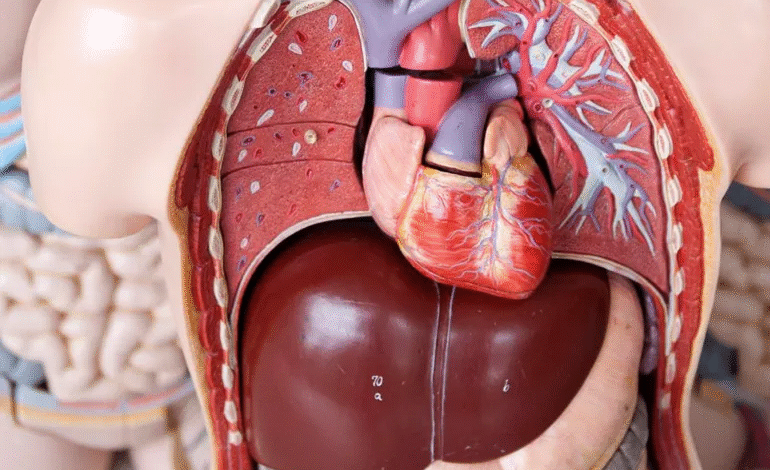Study Finds Low-Sugar and Artificially Sweetened Drinks Do Not Reduce Risk of Fatty Liver Disease

A recent study indicates that replacing sugary drinks with low-sugar or artificially sweetened alternatives does not protect against fatty liver disease and may, in fact, be linked to a higher risk of developing the condition.
Researchers presenting at the European Association for Gastroenterology conference in Berlin reported that both sugar-sweetened beverages and low- or no-sugar alternatives are strongly associated with an increased risk of non-alcoholic fatty liver disease (NAFLD)—a condition in which fat accumulates in the liver due to metabolic dysfunction and can progress to inflammation or liver failure.
NAFLD affects more than 30% of the global population and is becoming an increasingly common cause of liver-related deaths.
The study tracked 123,788 volunteers in the United Kingdom who had no liver disease at the start of the research. Over an average follow-up period of 10.3 years, participants completed regular questionnaires detailing their food and beverage consumption habits.
During the study period, 1,178 participants developed NAFLD, and 108 died from liver-related causes.
Findings showed that consuming more than 330 grams per day of sugar-sweetened, low-sugar, or sugar-free beverages was linked to a significant increase in NAFLD risk. Both types of drinks were also associated with higher liver fat levels, although the study could not establish a direct cause-and-effect relationship.
Dr. Leihe Liu, the study’s lead author from Suzhou University Hospital, stated:
“Sugary drinks have long been scrutinized, while their substitutes are often seen as the healthier choice. But our study suggests that these alternatives may also be linked to an increased risk of non-alcoholic fatty liver disease—even when consumed in moderate amounts.”








